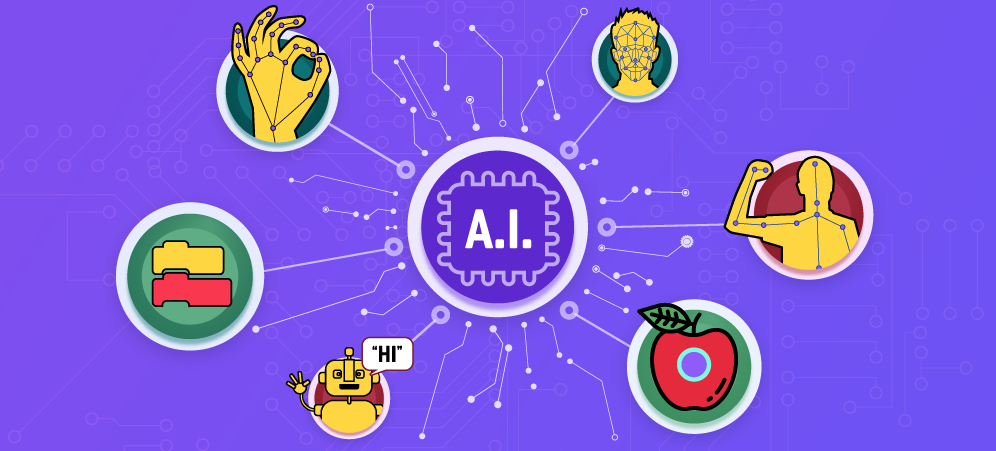
Mitchell Baker: Why the Humanities are Crucial for Technology
“The idea that science, technology and mathematics are enough to build a world forgets the importance of the humanities.” –Mitchell Baker
Ever wondered whether the humanities–subjects like law, philosophy, psychology, and others–still have a place in today’s increasingly technological world? With the rising demand for people with STEM backgrounds, it can be easy to overlook the need for less “techy,” or at least more human-centered, training. But this perspective isn’t just one-sided, it’s dangerous. That’s why Mitchell Baker is fighting to put the “A” in STEAM, both through her work to create a safer and more user-friendly Internet at Mozilla and her support for ethics training through programs like the Responsible Computer Science Challenge. Formerly a lawyer for Netscape (creator of Netscape Navigator, one of the first web browsers), Baker is currently the Chairwoman of Mozilla, the organization best known for its open-source browser, Firefox. A powerful female leader in tech, Baker asks hard questions about the way our Internet experience is both a product of, and shapes, our lives.
As a young woman, Baker chose to receive her law degree from UC Berkeley, a career path which would lead her to Netscape and beyond. She made this decision out of a desire to improve the world: At a party, she once observed how a lawyer suggested alternatives to a business plan put forth by a group of people. Seeing how the lawyer had the skills to propose a more beneficial course of action, Baker remembers thinking to herself: “‘I want to be able to do that’…[T]o take a setting, a statement, a relationship of people and be able to figure out how to organize it so that everybody comes out better.” That desire to improve the status quo has been a theme of her career, summed up in her 5-word Webby Awards’ Lifetime Achievement Award acceptance speech: “Demand better of the Internet.”
In her role as the Chairwoman of Mozilla, Baker wants to make the Internet safer and truly more user-friendly. As she writes, “The internet should be a global public resource, open and accessible to all. Individuals should have control of their experience. Safety is critical. Private commercial profit and social benefit should coexist in a healthy fashion.” Baker institutes these ideals at Mozilla (fully articulated in the Mozilla Manifesto she wrote) as she oversees Mozilla’s Firefox browser, which is open-source (meaning that others can view and suggest edits to its source code); features unique privacy and security features; and gives individuals more control of their internet experience through its Tracking Protection feature.
Baker believes it’s crucial that those who are shaping technology have the tools to talk about ethical issues like security and to consider how their products affect individuals. These tools should be taught in educational settings, as Baker explains: “Of course tech education is good, but STEM without any understanding of humanity is going to breed a set of technologists who don’t know, even if they want to, how to build positive things for humanity…The technologists, the founders, the MBA-types building businesses–do they even have the frameworks to think about a set of issues other than speed and performance?”
That’s why in 2018 Baker, as Chairwoman of Mozilla, partnered with other organizations to launch a competition called the Responsible Computer Science Challenge–a program in which educators compete to successfully “integrate ethics into computer science education at the undergraduate level.” Baker believes that ethics discussions, as part of a tech degree program, can help students “build positive things for humanity”: “The conversation shouldn’t be as binary as code; it should acknowledge typical ways data is used and help young technologists talk and think about the difference between providing value and being invasive.”
Baker further expressed her interest in the next generation of technologists when she offered this advice in a 2014 interview: “[U]nderstanding how something works is the key to self-determination…If you know how to use it, you can do so much. But how it works also has an impact on what you can do and how you can do it and the kind of controls you live in. So I’d say explore how things work as much as possible.”
As an innovator, advocate for ethics in technology, and example of a successful woman in tech, Mitchell Baker is a positive force for change. We’re honored to feature her as a Woman in STEM (or STEAM, as Baker would probably prefer)!
Are you ready to empower the girls in your life to be the next technology leaders and makers? Learn more about our engaging 2,000+ coding activities, from DIY projects and Minecraft modding to web design and Python and JavaScript courses!




